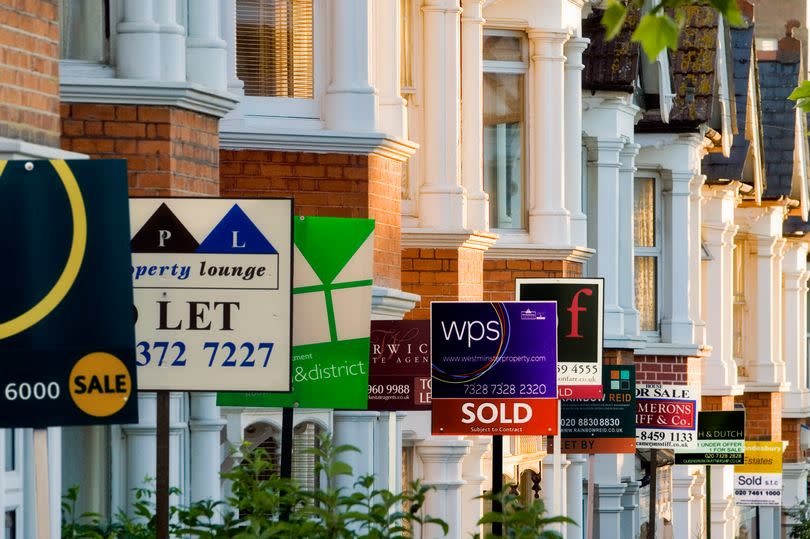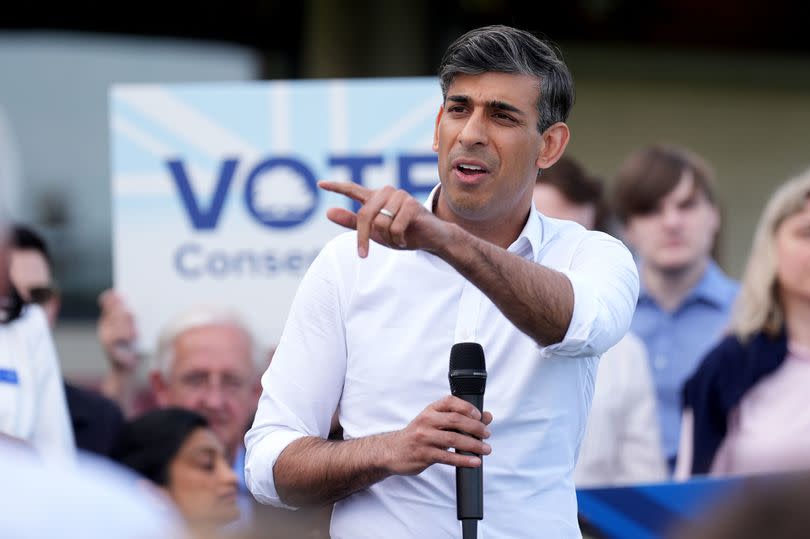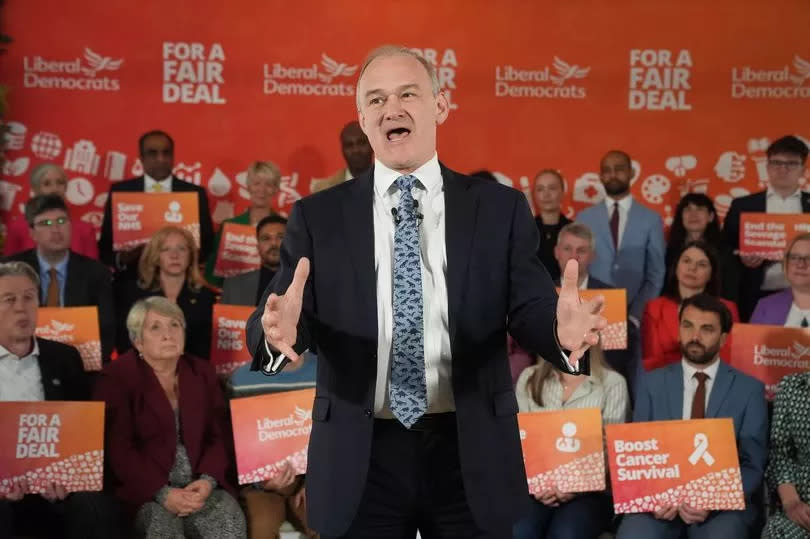Everything the Conservatives, Labour and Lib Dems have promised homeowners and renters in the general election

It is just over two weeks until the general election takes places on Thursday, July 4. The main political parties have now released their manifestos which lay out their plans in a bid to convince undecided voters.
Today (June 18) marks the final day that you can register to vote in time for the election, with the deadline at 23:59pm. More than 2.1 million people have registered to vote since the election was called in May, new government data shows.
Rishi Sunak is hoping to keep his Conservative Party in power after 15 years in Downing Street, whilst Sir Keir Starmer is striving to become Labour’s first Prime Minister since Gordon Brown in 2010. The Liberal Democrats leader Sir Ed Davey has also shared his manifesto in an effort to win votes.
READ MORE: Mortgage experts advise how first-time buyers can 'get ahead' in the tough property market
With help from Zoopla, here we take a closer look at each of the three parties' manifestos to compare what promises they are making to homeowners and renters within their housing policies.
Conservatives

Rishi Sunak has pledged to help more people in the UK get a foot on the property ladder if the Conservatives win the upcoming general election. Some of his main policies include abolishing stamp duty for first-time buyers for good on homes bought for under £425,000, as well as introducing a 'new and improved' Help to Buy scheme.
The Prime Minister also says his party aims to build 300,000 new homes per year, with one third being 'affordable' and all new homes being zero-carbon by 2030. He pledges to increase funding for social housing by 20 percent, increase funding for homelessness prevention by 15 percent, partner with the private sector for housing projects and simplify planning regulations to speed up construction.
In the rental sector, Mr Sunak has announced no rent controls but there are better incentives for long-term tenancies. He will however strengthen tenant's rights with new legislation.
Labour

Sir Keir Starmer strives to keep mortgage rates low and support thousands of young people to get on the housing ladder over the next five years. To do this, he pledges to introduce a new first-time buyer grant of £5,000 and cap rent increases at the rate of inflation.
Sir Keir also wants to build one million affordable homes over the next 10 years. He will nationalise land for 150,000 new council homes annually and retrofit a million homes for energy efficiency. Another policy states Sir Keir will introduce a tax on second homes and empty properties, as well as abolish Section 21 evictions and improve renter security.
In terms of planning regulations, the Labour leader says he will implement strict environmental and community impact assessments, as well as investment in housing through a national housing fund. H also says he will end homelessness within five years with a £2 billion plan.
Liberal Democrats

In its For a Fair Deal Manifesto 2024, Ed Davey has set out his main housing pledges with an aim to help renters get on the property ladder. He plans to help tenants by implementing a new 'rent-to-own' programme for long-term tenants who can't afford a deposit.
Mr Davey has also set out to implement a shared ownership scheme for new buyers, introduce a national register for landlords and for homelessness, invest £1 billion in housing first initiatives.
The Lib Dem leader wants to build 500,000 affordable homes within the next five years and create a new fund for social housing targeting 100,000 units. He also strives to provide grants for green home improvements, decentralise planning to local authorities, provide tax incentives for landlords who improve energy efficiency and create a public-private housing investment bank.

 Yahoo News
Yahoo News 
